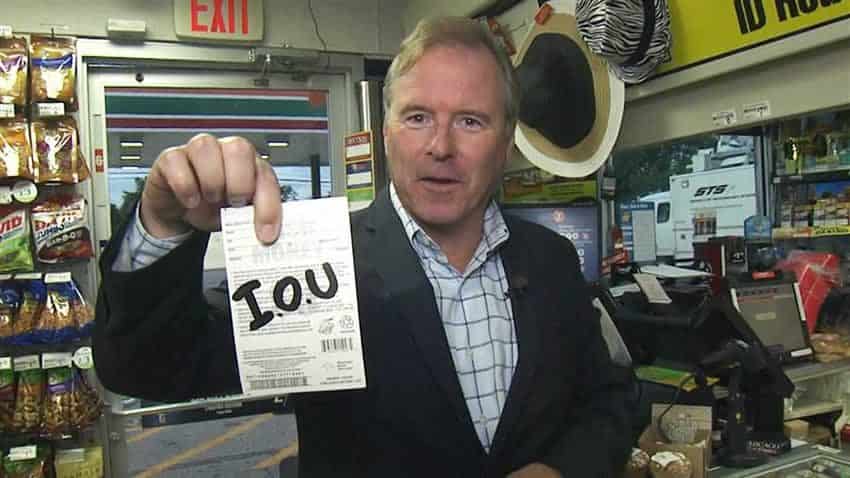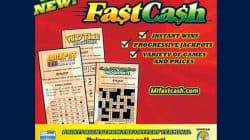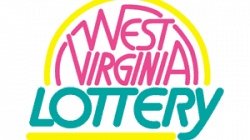$46 million is a life-changing sum of money for anyone, even when it’s being paid out in periodic installments. This was the allure of an Illinois scratch ticket game called The Good Life. Each ticket was $30, which is pretty steep for a single ticket, but that didn’t stop people from buying millions of them in hopes of hitting the grand prize. Then, the game abruptly ended and the two grand prize sums were never awarded.
This scenario repeated itself a few more times. Once was with another instant win game called Birthday Surprise, which again offered two lucky winners an enormous grand prize that was never delivered. The other time was with a second iteration of The Good Life. This time around, there were three large grand prizes advertised and, yet again, not a single one was ever awarded.
So What Gives?
If this seems like a shady way to operate, that’s because it is. After so many instances of this happening, the Chicago Tribune conducted an investigation into the situation to see if they could get to the bottom of this issue, as it left thousands of people frustrated and bitter.
What they found was surprising. Beginning in 2011 and continuing through the end of 2015, the Illinois state lottery earned hundreds of millions of dollars through the sale of instant win scratch off tickets that never culminated in paying out the advertised grand prizes. There were many instances of games ending before any significant prizes were paid out.
Coincidentally, 2011 was also the year that Illinois decided to turn over management of its daily operations to a private firm called Northstar Lottery Group. Illinois is the first state to do this, and, judging by how it has panned out thus far, they my be the only state in the foreseeable future to do so. Since taking over operations in July 2011, Northstar has come under heavy criticism for falling short of its initial projections that it gave the state when it won the bid.
The Company’s Defense
When asked for comment on these findings, Northstar’s parent company, International Game Technology, did not dispute the paper’s claims, nor did Scientific Games. IGT argued that, though the findings stated that big prizes were not awarded and payout rates were lower than expected, these things could be blamed on “a host of reasons.” They continued to say that the findings were “irrelevant or misleading” when the problems that exist could easily be chalked up to what they essentially are calling user error.
IGT claims that, “Northstar consistently and unwaveringly made decisions for the benefit of the players and the Illinois Lottery and not its suppliers IGT or Scientific Games,” while lawmakers and citizens are left confused and concerned.
An Experiment Gone Awry
The fact that Illinois’ payout rate for big instant win prizes is less than 60 percent is something that lawmakers find very troubling, especially when the state is already having a difficult time making ends meet. In fact, Senate President John Cullerton had quite a bit to say on the matter.
He believes that the significant percentage of unawarded prizes and the frighteningly low payout rates could cause lasting damage to the state’s already dire fiscal situation. Illinois depends on the funds from the state lottery to help balance the budget, and if players feel like they are getting the short end of the stick, he worries that they will simply stop playing.
In addition, he says that this affects taxpayers who do not play the lottery as well, because a lack of lottery funds means that the state will have to make up those revenues elsewhere. Currently, Illinois is searching for a replacement company to step in and turn around the mess that Northstar has made.




